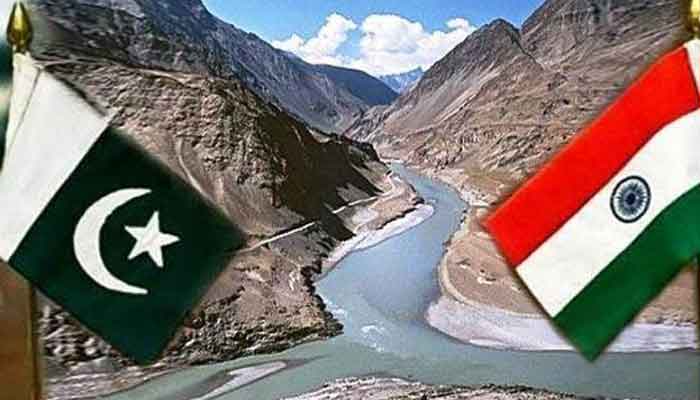
Water Conflict Between India and Pakistan
Wed, 01 Mar 2023 | Reading Time: 4 minutes

Recently, India announced the desire to modify the 62-year-old Indus Water Treaty (IWT) with Pakistan, citing what it called Pakistan’s unwillingness to find a solution to disputes over the Kishenganga and Ratle hydropower projects, both in Jammu and Kashmir. India also protested Pakistan’s “unilateral” decision to approach a court of arbitration at The Hague in the Netherlands. India called for modifications to the treaty as per Article XII (3) of the IWT which specify that provisions of the treaty may from time to time be modified for any specific purpose between the two Governments. India also boycotted the court process as the first hearing of the Pakistani case began at the Permanent Court of Arbitrage at The Hague. The decision to issue notice to Pakistan, with a request for a response within 90 days, is a major step and could lead to the unravelling and renegotiation of the water sharing treaty. The treaty is often seen as a rare example of India-Pakistan consensus, at a time when the two countries have snapped trade and cultural exchanges, and most bilateral talks.
What is the Indus Water Treaty?
India and Pakistan signed the IWT in 1960 after nine years of negotiations, with the World Bank being a signatory to the pact. It has never been modified and is often cited as one of the most successful international treaties in South Asia which has endured wars and tension between India and Pakistan. The treaty sets out a mechanism for cooperation and information exchange between the two sides on the use of the water of the Indus River and its five tributaries Sutlej, Beas, Ravi, Jhelum, and Chenab.
Why does the Treaty Need to be Amended?
Environmental Factors: There have been significant changes since the Treaty came into being in 1960, and it needs to be updated. The impacts of climate change and the advancement in water storage and management technologies are cited as some of the most compelling reasons to renegotiate.
Incapable of Adapting to New Technologies: Many of the technical criteria laid out in the treaty no longer conform to the spirit of the treaty, which was to foster cooperation between India and Pakistan, and ensure optimum utilisation of water resources in the Indus rivers basin. The treaty is not equipped to cater for new techniques, technologies and studies in the building of hydropower projects, which increase their life and efficiency but were not available at the time the treaty was negotiated.
Conflict Resolution: Reforming the treaty to provide a mechanism for resolving disputes over water resources, including disputes between the two countries and disputes between individual states within each country.
Transparency and Cooperation: Reforming the treaty to promote greater transparency and cooperation between India and Pakistan on water-related issues, including sharing of data and information.
What can be the Implications of the Indian move on the IWT?
Increase Tensions Between Two Countries: The IWT has been a source of stability between India and Pakistan, but if changes are made to the treaty it could increase tensions between the two nations. For eg. if India were to build a dam that reduces the water flow to Pakistan, it could lead to increased diplomatic tensions and potentially even military conflict.
World Bank Factor: The World Bank, as a mediator of the IWT, could find itself in a difficult position if the treaty is revised or renegotiated, potentially damaging its role as an impartial mediator in water disputes.
Set a Precedent for China to take Similar Actions: China is already indulging in water aggression on two rivers (Sutlej and Indus) of Indus rivers System, the Brahmaputra, and Mekong. If India were to take aggressive actions on the IWT, it could set a precedent for China to take similar actions on other rivers, such as the Sutlej, Indus, Brahmaputra, and Mekong. However, the outcome of such actions will depend on the relative power dynamics between India and China at the time.
Factor of Western Power: There are the Western powers, who will also try to intervene in this matter, especially if they think it could lead to a Water War or worse between India and Pakistan.
What should be the Way Forward?
Need for Joint Management: There is a need for cooperation and coordination between the countries to ensure equitable and sustainable use of the shared water resources. Joint management helps to prevent conflicts and promote cooperation by establishing a framework for sharing the benefits and responsibilities of water use, as well as for addressing any challenges that may arise.
Greater Flexibility in Utilization of Waters: There have been calls for greater flexibility in the utilization of waters under the IWT. This could include allowing for the transfer of water from one river basin to another, increased storage capacities, and the use of the waters for non-consumptive purposes such as hydropower generation. However, any changes to the treaty would require the agreement of both India and Pakistan.
Adoption of Basin-Wise Approach in the Management: A basin-wise approach in the management of the Indus Waters Treaty involves managing the water resources of the Indus Basin as a whole, rather than focusing on individual projects or rivers. This approach emphasizes the inter-connectedness of the various components of the Indus Basin and seeks to optimize water use and management for the benefit of both India and Pakistan. The adoption of a basin-wise approach in the management of the Indus Waters Treaty could potentially lead to improved water security, increased economic benefits, and enhanced environmental sustainability for both countries.
Disclaimer
The opinions expressed in this article are the author’s own and do not reflect the views of Chanakya Forum. All information provided in this article including timeliness, completeness, accuracy, suitability or validity of information referenced therein, is the sole responsibility of the author. www.chanakyaforum.com does not assume any responsibility for the same.
Chanakya Forum is now on . Click here to join our channel (@ChanakyaForum) and stay updated with the latest headlines and articles.
Important
We work round the clock to bring you the finest articles and updates from around the world. There is a team that works tirelessly to ensure that you have a seamless reading experience. But all this costs money. Please support us so that we keep doing what we do best. Happy Reading
Support Us





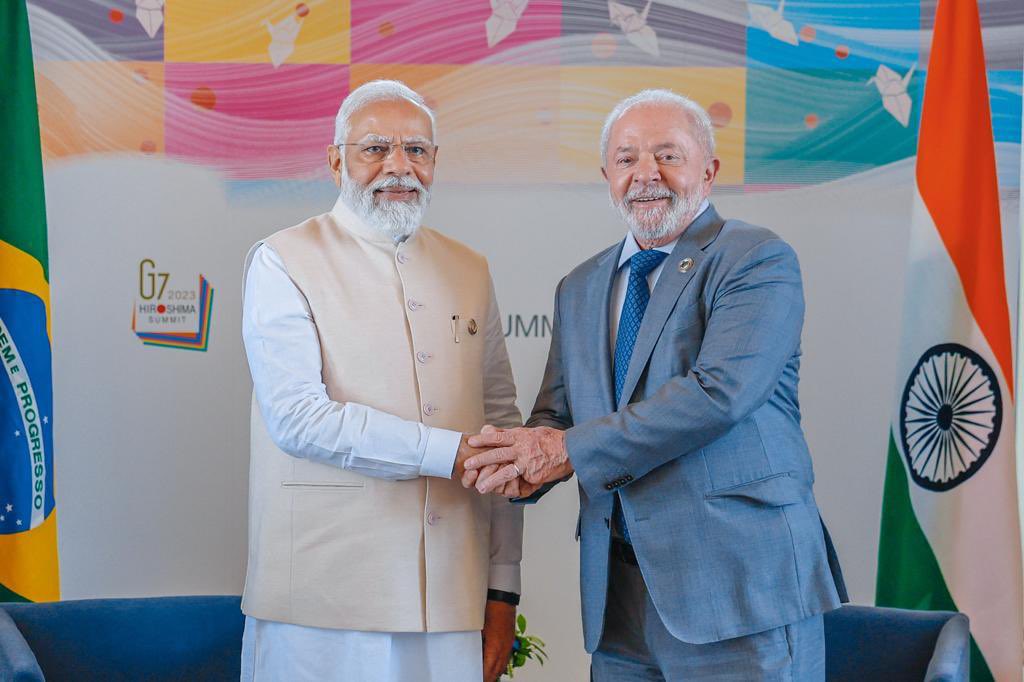

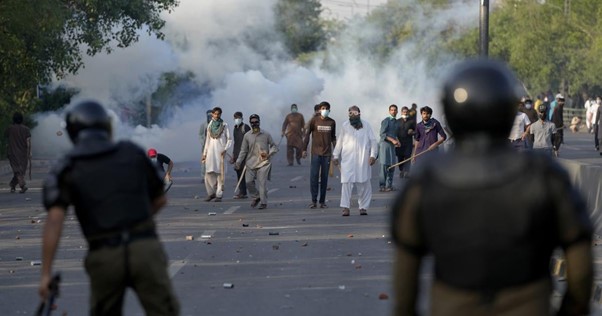

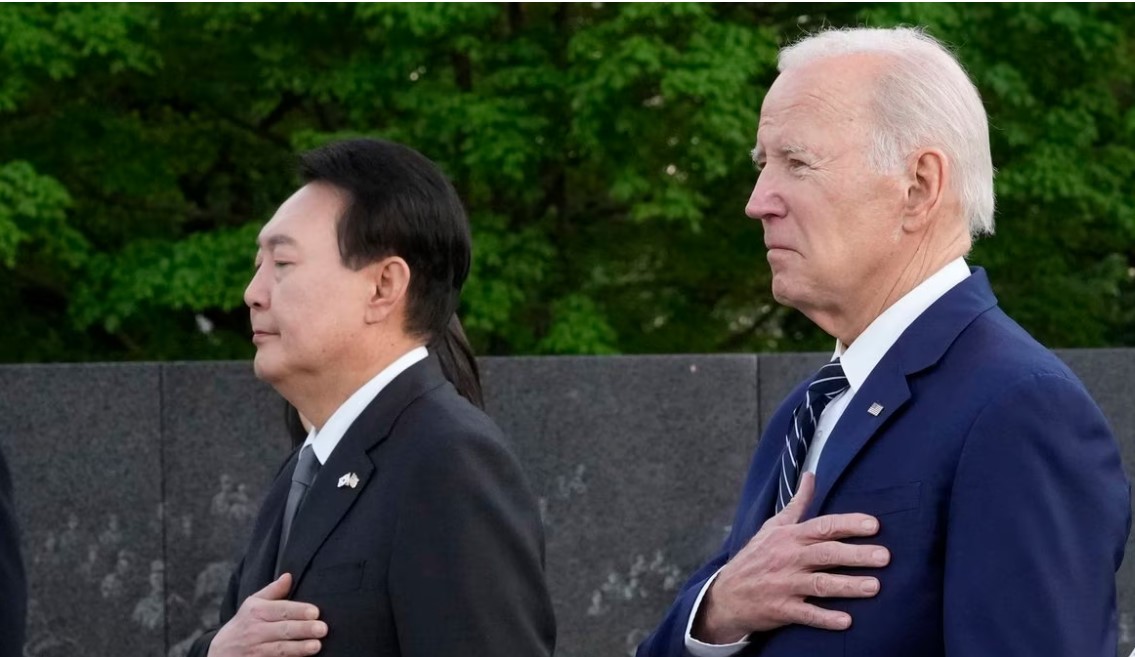


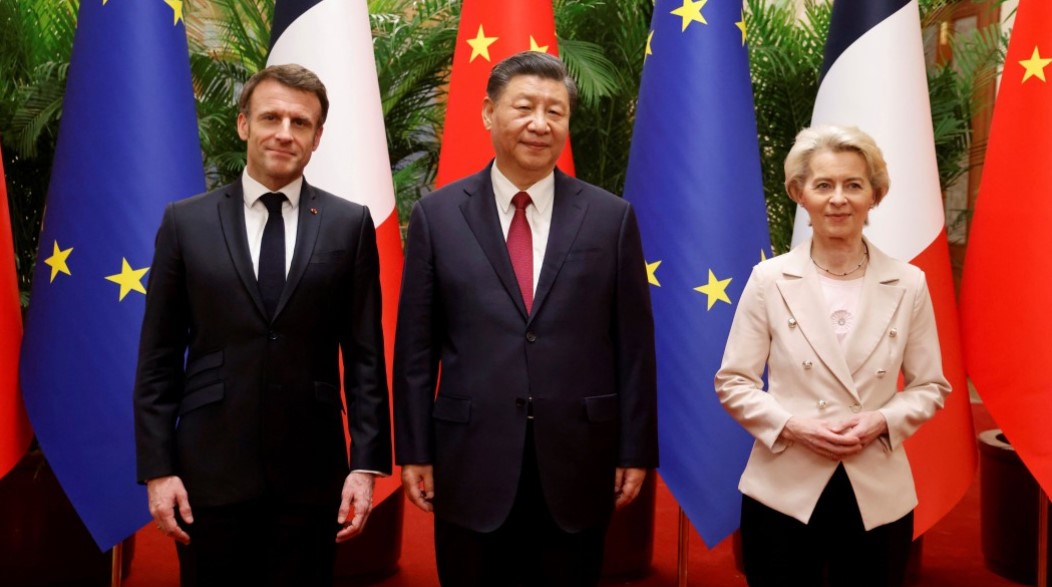







POST COMMENTS (0)